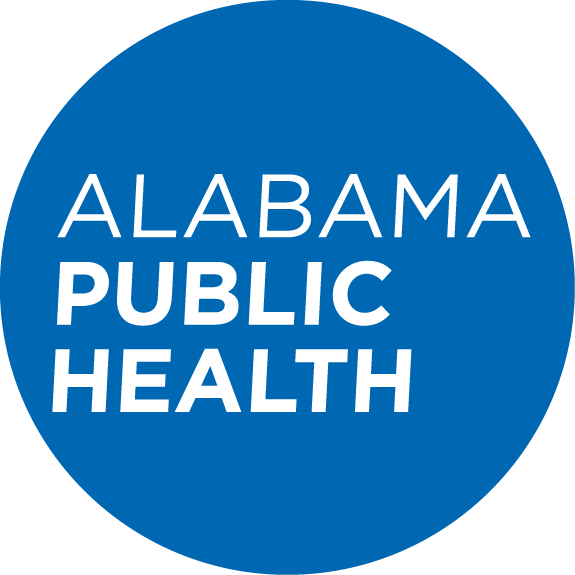Congenital syphilis is a disease that occurs when a pregnant person with syphilis passes it onto their baby during pregnancy (Centers for Disease Control and Prevention, 2023). Syphilis can be transmitted to a baby in utero through placental blood flow or through direct contact with lesions during childbirth. Currently, Penicillin is the only treatment from perinatal syphilis because it can cross the placenta to treat the infection in the fetus. When a syphilis infection is identified in the early stages, treatment with Penicillin is 98% effective in preventing mortality and morbidities commonly associated with congenital infection. Cases of congenital syphilis have been on the rise and have increased seven-fold in live births in the United States from 2012 to 2020. In 2021, 2000 cases were reported, the highest number of reported cases since 1994. Increases in cases have highlighted issues including gaps in prevention, timely diagnosis, treatment, and management of perinatal syphilis. The increases in congenital syphilis other STI’s has led to the U.S. Department of Health and Human Services launching the Sexually Transmitted Infections National Strategic Plan in January 2021 (Fang et al., 2022). This plan aims to create, enhance, and expand STI prevention among individuals. Through this plan the United States can be a place where STI’s are prevented, and every person has access high-quality prevention, screenings, care, and treatment free of stigma and discrimination (U.S. Department of Health and Human Services).
For More Information on Congenital Syphilis See the Resources Below:
- Centers for Disease Control and Prevention. (2023, April 11). STD facts – Congenital Syphilis. Centers for Disease Control and Prevention. https://www.cdc.gov/std/syphilis/stdfact-congenital-syphilis.htm
- STI National Strategic Plan 2021-2025 (STI plan) Toolkit. U.S. Department of Health and Human Services. (2021, January 12). https://www.hhs.gov/programs/topic-sites/sexually-transmitted-infections/plan-overview/toolkit/index.html#:~:text=This%20first%2Dever%20STI%20National,free%20from%20stigma%20and%20discrimination.
Cited Sources
Centers for Disease Control and Prevention. (2023, April 11). STD facts – Congenital Syphilis. Centers for Disease Control and Prevention. https://www.cdc.gov/std/syphilis/stdfact-congenital-syphilis.htm
Fang, J., Partridge, E., Bautista, G. M., & Sankaran, D. (2022, December 27). Congenital syphilis epidemiology, prevention, and management in the United States: A 2022 update. U.S. National Library of Medicine . https://www.ncbi.nlm.nih.gov/pmc/articles/PMC9879571/




